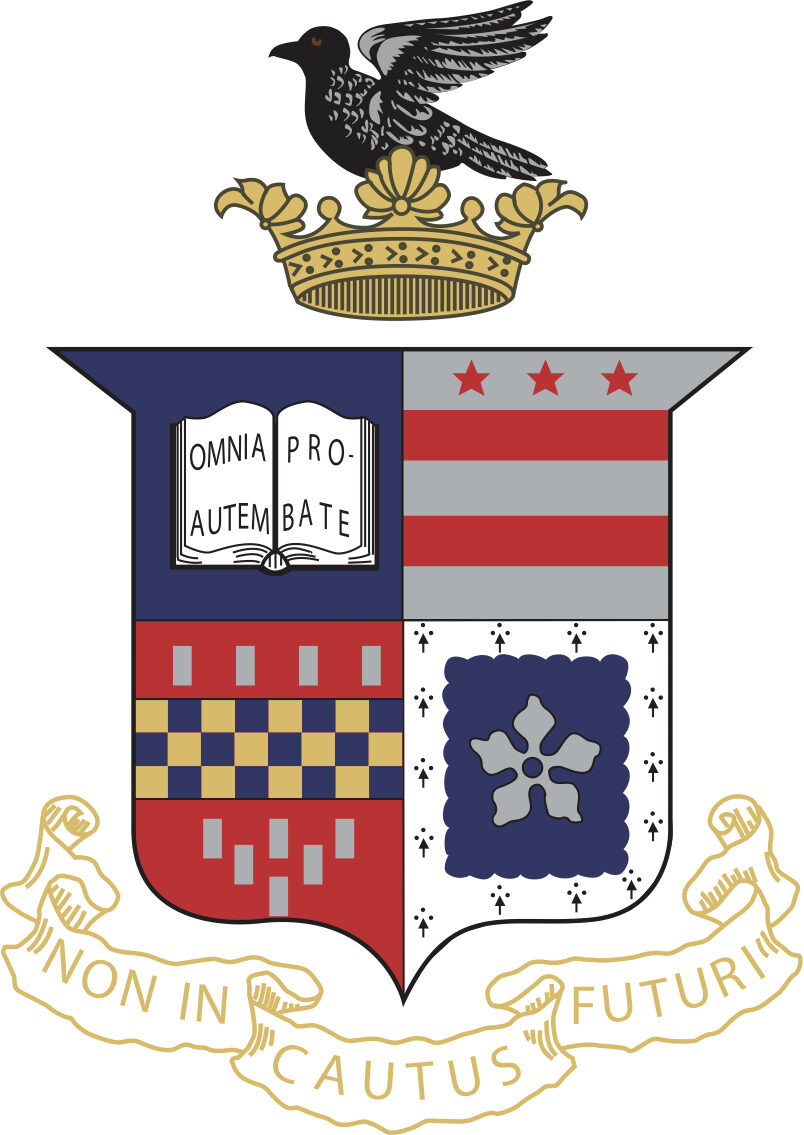We are witnessing a revolution in the way we get around, if only we glance up from our phones. “Techies” and suit-clad professionals alike use their phones to request rides from tuxedo-attired professional chauffeurs in luxury vehicles, as well as from part-time nonprofessionals using their “daily-driver” to make some extra cash. It is indisputable that Transportation Network Companies (TNCs)—like Uber and Lyft—are providing unique alternatives to taxis and conventional charter-car carriers while simultaneously paving the way for a new era in transportation.
“App-based” car-for-hire platforms, said to be the cause of market “disruption,” have met unwavering resistance from industry competitors, advocacy groups, and government regulators arguing that these services are illegal, unsafe, and competing unfairly. Consequently, TNCs have often faced outright bans, anachronistic regulations, and numerous legal hurdles. Whether the rationales for regulations and bans have been pretexts for protectionism and resistance to change, or legitimate expressions of concern for safety and fair business practices, it is clear that they are responses to TNCs supplying a demand for easy, affordable, and reliable transportation.
This Note examines whether the dormant Commerce Clause doctrine bars certain types of bans or regulations of TNC platforms. Though TNCs have not shown an eagerness to litigate challenges to their operations, this avenue of defense—a road once treaded by trucking and railroad companies—remains open to them. TNCs may thus look to revive the dormant Commerce Clause in the context of transportation regulations to challenge local limitations on their operations.
Importantly, this Note does not argue that any and all safety or labor concerns offered in efforts to regulate or limit TNC operations are unfounded or that invalidation of well-intentioned attempts to regulate for these concerns on dormant Commerce Clause grounds will somehow take care of them. Genuine concerns do exist, but the only way to seriously and judiciously confront them is through even-handed and constitutional legislation that recognizes that TNCs are parked and here to stay.
